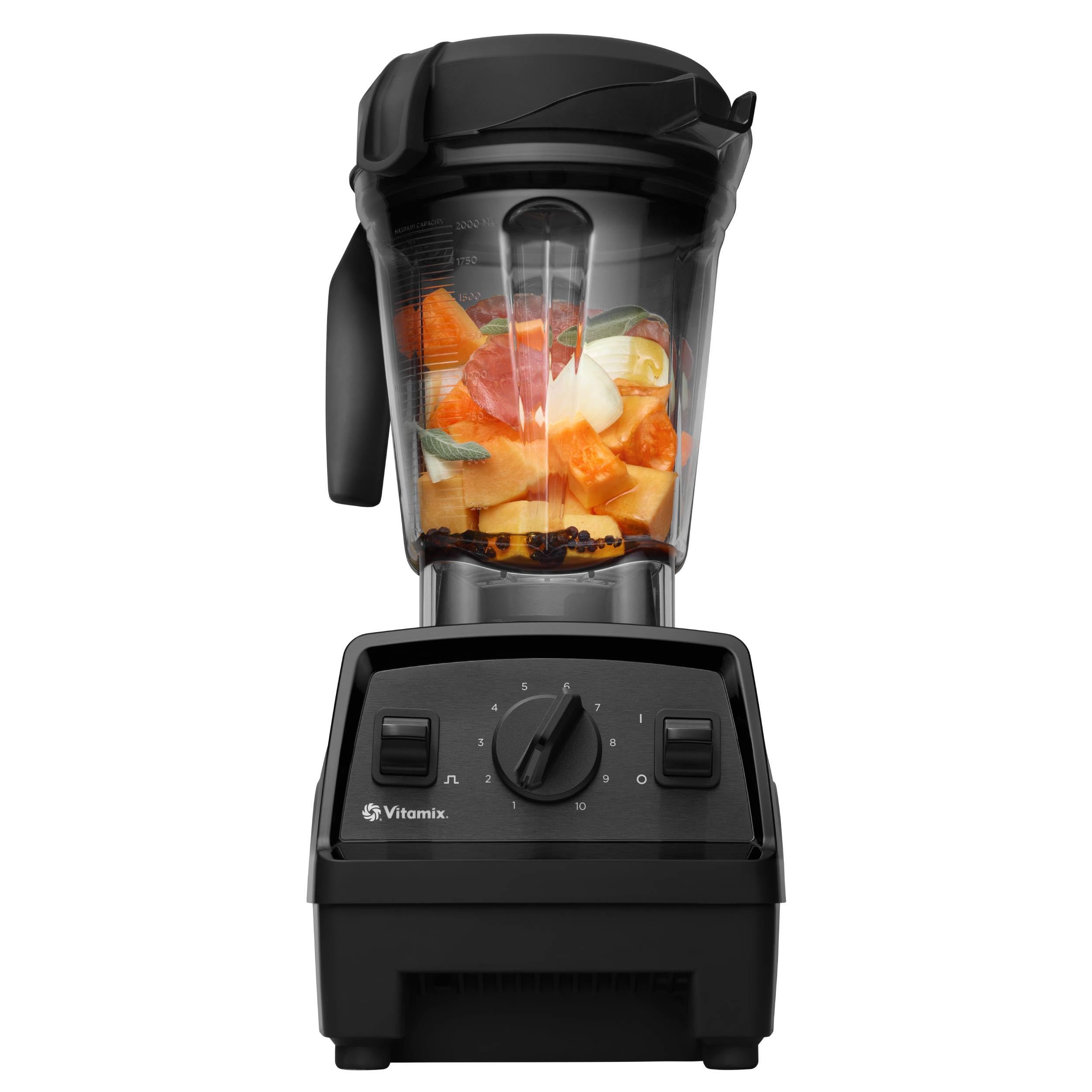Ever wondered if your fridge should be on a GFCI outlet? Picture this: you’re in the kitchen, reaching for a cold drink, and suddenly the power trips. Frustrating, right? In this article, we’ll dive into whether your fridge should be connected to a GFCI outlet and why it matters to you.
You might be thinking, “Why does it even matter?” Well, having your fridge on a GFCI outlet can impact both safety and convenience in your home. Stay with us as we unravel the importance of this electrical setup and how it can make a difference in your everyday life.
Understanding GFCI Outlets
When it comes to electrical safety in your kitchen, installing a Ground Fault Circuit Interrupter (GFCI) outlet is crucial. Here’s what you should know:





- GFCI outlets work by constantly monitoring the flow of electricity.
- If a GFCI outlet detects a ground fault, it quickly shuts off power to prevent electric shock.
- Common areas for GFCI outlet installation include kitchens, bathrooms, garages, and outdoor spaces.
In your kitchen, having your fridge connected to a GFCI outlet can provide an added layer of protection against electrical hazards.
Importance of Electrical Safety in the Kitchen
When it comes to electrical safety in the kitchen, it’s crucial to prioritize precautionary measures. Here’s why:
- Water and Electricity: Kitchens are filled with water sources, increasing the risk of electrical hazards.
- Ground Faults: If a fridge malfunctions, it can cause a ground fault. A GFCI outlet can detect this and cut off power, preventing accidents.
- Preventing Shocks: By having your fridge connected to a GFCI outlet, you create an added layer of protection against electric shocks.
Remember, in a space where water and electricity mix so closely, taking every possible safety measure is key to protecting yourself and your loved ones.
Should Your Fridge Be on a GFCI Outlet?
When it comes to the safety of your kitchen appliances, connecting your fridge to a GFCI outlet is highly recommended. Here’s why:
- Fridges are typically one of the largest and most consistently used appliances in a kitchen.
- GFCI outlets are designed to quickly detect ground faults, which can be a lifesaver when it comes to preventing electrical accidents.
- Water spills or leaks near your fridge can create a dangerous situation due to the proximity of water sources in the kitchen.
By having your fridge on a GFCI outlet, you’re adding an extra layer of protection against electrical hazards, particularly in a space where water and electricity are in close quarters. It’s a simple yet crucial step in ensuring the safety of both you and your family.





Potential Risks of Not Using a GFCI Outlet for Your Fridge
When the fridge in your kitchen is not connected to a GFCI outlet, you might be exposing yourself to several potential risks. Here’s why it’s crucial to ensure your fridge is on the correct electrical setup:
- Electrocution Hazard: Without a GFCI outlet, a ground fault in the fridge or its surroundings can lead to electrocution if not swiftly detected and interrupted.
- Water Leaks: In a kitchen, especially near sinks or other water sources, water leaks are not uncommon. Without a GFCI outlet for the fridge, these leaks can increase the risk of electrical hazards.
- Fire Risk: Electrical malfunctions in appliances, combined with moisture from the kitchen environment, can pose a fire risk if not mitigated promptly.
Failing to use a GFCI outlet for your fridge means taking unnecessary risks with the safety of yourself and your loved ones. It’s a simple yet vital step in ensuring electrical safety in your kitchen.
Conclusion
Ensuring your fridge is connected to a GFCI outlet is crucial for maintaining a safe kitchen environment. By taking this simple precaution, you significantly reduce the risk of electrical hazards, such as electrocution and fires. Prioritizing electrical safety not only protects you and your loved ones but also safeguards your home from potential dangers. Remember, a small step like using a GFCI outlet for your fridge can make a big difference in preventing accidents and promoting peace of mind in your kitchen. Stay safe and keep your appliances securely connected to GFCI outlets for a worry-free cooking experience.
Frequently Asked Questions
Why is using a GFCI outlet for the fridge important?
Using a GFCI outlet for the fridge is crucial to prevent the risk of electrical shock due to water leaks near the fridge. It also reduces the chance of fire hazards caused by electrical malfunctions in the appliance.
How does not using a GFCI outlet for the fridge impact safety?
Not using a GFCI outlet for the fridge increases the risk of electrocution if water comes into contact with electricity. It also heightens the likelihood of a fire breaking out due to electrical issues in the appliance.





What are the potential dangers of neglecting electrical safety in the kitchen?
Neglecting electrical safety in the kitchen can lead to severe consequences such as electrocution, fire outbreaks, and injury to individuals. Using a GFCI outlet for the fridge is a simple yet critical step in preventing these risks.

Hi, I’m Charlie, and I cover all things laundry here at Appliance Mastery.
I’ve spent over eight years working on washing machines, dryers, and dishwashers. I also have a degree in mechanical engineering, which helps me understand how these appliances really work.
I try to make every guide clear and practical. If you’re stuck with a noisy dryer or a leaking washer, I’ll help you figure out what’s wrong and how to fix it.
